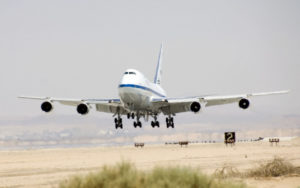High school seniors are completing the final steps of secondary education. They are taxiing towards the active runway, called “exams”, down which they will lumber like a fully loaded 747 and then, just like that, they will be airborne. The mathematical miracle of flight is, I believe, less complicated than the transition of a young person on their way to autonomy.
The runway to independence intersects the university planning process, a process which is often thought to facilitate the transition from childhood to adulthood. Recently, I visited with a group of seniors to reflect on this “quasi” rite-of-passage.

Photo Credit: Eric Flickr https///www.flickr.com/photos/53344429@N05/4979086674/
As senior year begins, the recognisable force is “drag”. Students don’t expect applications to be difficult, time-consuming or complicated. Quickly, they are overwhelmed by downpours of information, thunderstruck by rigid entry requirements, and a fog of ambivalence clouds previous itineraries for coveted destinations: lengthy forms and impossible essays fuel feelings of inadequacy. A teen’s emotional control panel glows red with warning lights. Reliably, the mechanical failure is procrastination. A college applicant’s first flight is always delayed, until that is, the pilot realises, it’s not a solo.
Eventually, students persuaded by fellow passengers and flight crews, reignite their internal electrical system, and the preflight checklist begins anew. Teachers are invaluable, providing mock interviews, essay editing and coaching for exam questions designed to trick well-trained critical thinkers. Counsellors keep a realistic eye on the forecast, maintain calm, solve problems, replenish confidence and leverage networks for alternative flight plans. Classmates and parents provide essential companionship helping students steer through the turbulent anticipation. By early December, the tarmac is full of applicants, requesting clearance for take-off.
The primary thrust, to let their applications fly, is trust. Most students will describe this dynamic as a force transferred from parents. Students report; “My parents allowed me to express my choices and decisions.” Or, “Although they did not help me much, they played critical roles, supporting me when I was overwhelmed.” And, “Even the question of whether to attend university was a choice of ‘if’ rather than ‘when’. My desires motivated the universities I chose.” Adding, “My parents were mostly hands-off, trusting me to make my application without pressuring me; they helped me complete personal and financial data.” The confidence a student feels from significant others helps them withstand the grounding, gravitational pull of doubt.
University applications are submitted between November and March. Students are in the air for days, often months. In the event of weather, students have learned to trust themselves while employing a practical toolkit of skills for navigation. A new class of pilots will soon graduate from the life simulation of university applications. It’s not quite a rite of passage, but useful just the same.
Casey Nolen Jackson is one of two University Counsellors at British International School, Phuket.
This article was first published in The Phuket News on 28 March 2020.
